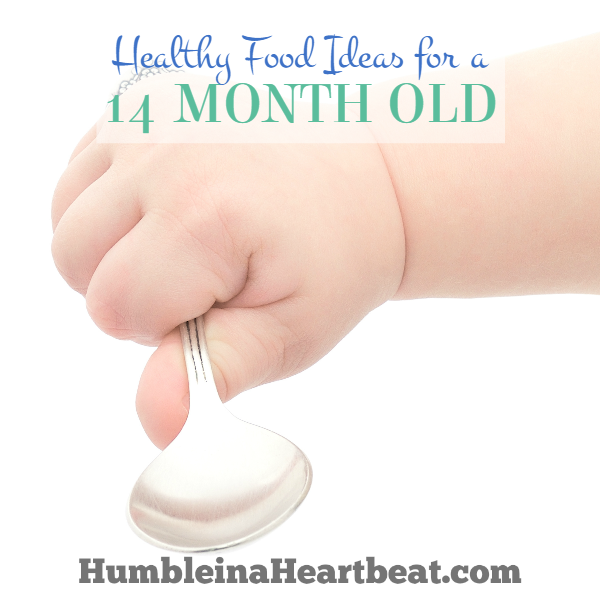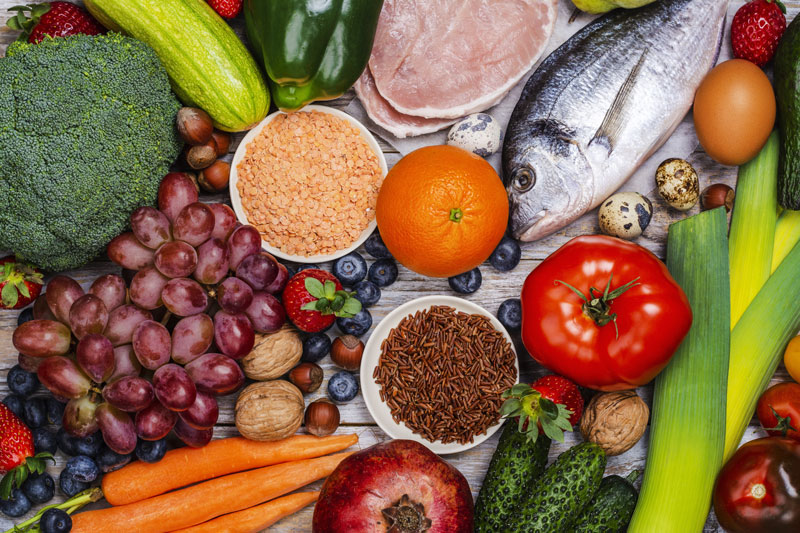
Originally, the Eatwell Plate was a food guide that was distributed by the UK government to help consumers learn about nutrition. It was based around five food groups and included different types of foods. It included meat, fish and vegetables as well as starchy carbohydrates. These plates are also suitable for vegetarians.
The guide has since been updated, and has become the Eatwell Guide. It now focuses on a more plant-based diet. It has a larger focus on pulses and beans, and less on red meat. The new version is more palatable for vegetarians or vegans.
The Eatwell Guide is updated regularly to reflect current trends in food choices. The guide also helps to explain portions and labels, and gives advice on how to stay hydrated. This guide makes it easier for you to choose healthier foods, and helps you maintain a healthy weight.

The Eatwell Guide categorizes the diet in five main categories: meat, fish and fruit and vegetables; starchy carbohydrates; milk and dairy. Each of the groups have a set amount of food they should be consuming. Individuals who require a special diet must consult a dietitian in order to ensure the food is suitable.
Balanced eating means avoiding high-fat or high sugar foods. According to the Eatwell Guide, people should eat more fibre and less sugar. High fibre foods provide more nutrition and less calories.
Additionally, the guide provides information on daily recommended allowances for nutrients and beverages. In the first edition of the guide, it suggested that individuals should drink eight glasses of water a day. New research has found that it is healthier to consume fruits, vegetables and whole grains.
After reviewing all scientific evidence, the UK government modified its food guide. These recommendations were updated to reduce sugar intake and decrease the amount of dairy. Likewise, red meat has been recommended to be reduced in order to prevent colorectal cancer. At 8% of recommended intake, soy milk and lactosefree milk are recommended as dairy substitutes.

The new recommendations of the Scientific Advisory Committee on Nutrition have been added to the government's guidelines. These recommendations are based on a more balanced diet that contains more whole grains, nuts, and legumes. Sugars should only be consumed in small amounts. High fat and salty foods should be avoided.
Even though the official UK diet guide has been updated, it is still a valuable tool to help individuals make informed food choices. A dietitian will be able to customize the Eatwell Guide for each person. To get the most out of it, follow the guidance as directed, and speak to your healthcare provider before trying any supplements.
FAQ
How often should i exercise?
It is important to exercise for a healthy lifestyle. You don't have to exercise for a certain amount of time. Find something you like and stay with it.
If you exercise three times a week then aim for 20-30 mins of moderate intensity. Moderate intensity means you'll still be breathing hard after you've finished. This type is good for burning around 300 calories.
For those who prefer to walk, you can go for 10-minute walks four times a week. Walking is low impact and easy on your joints.
You can also run for 15 minutes, three times per week. Running is a great exercise to build muscle tone and burn excess calories.
You can start slow if you are new to exercise. Begin by doing 5 minutes of cardio each day, a few times per week. Gradually increase the time you do cardio until your goal is reached.
What can I do to boost my immune system?
Human bodies are made up of trillions upon trillions of cells. These cells collaborate to form tissues and organs that perform specific functions. One cell is replaced by another when it dies. Chemical signals, called hormones, allow cells to communicate with each other. All bodily processes are controlled by hormones, including metabolism and immunity.
Hormones are chemicals secreted by glands throughout the body. They travel through blood stream and act as messengers that control the function of our bodies. Some hormones come from the body and others are produced outside.
The hormone-producing glands release their contents into bloodstream. This is when hormone production starts. Once hormones become active, they move throughout the body until reaching their target organ. In some cases, hormones remain active only for a short period of time. Other hormones remain active longer and still have an influence on the body's functioning long after they leave bloodstream.
Some hormones are made in large quantities. Others are only produced in very small quantities.
Certain hormones can only be produced at specific times in life. Estrogen, for example, is produced in puberty as well during pregnancy, menopause, old age, and after menopause. Estrogen is important for women to develop breasts and maintain bone density. It also helps prevent osteoporosis. It promotes hair growth as well as keeping skin soft and smooth.
Why is it so important to lead a healthy lifestyle
Healthy living can lead to a longer and happier life. Healthy eating habits, regular exercise, healthy sleep habits, stress management, and good sleep habits can help to prevent heart disease, stroke, diabetes, cancer, and other serious diseases.
A healthy lifestyle can also help improve mental health and make it easier to deal with everyday stressors. A healthy lifestyle can also help you feel and look younger.
How much should I weight for my height and age? BMI chart & calculator
The best way to determine how much weight you need to lose is to use a body mass index (BMI) calculator. A healthy BMI range is between 18.5 and 24.9. Weight loss is possible if you aim to lose approximately 10 pounds per week. To calculate your BMI, simply enter your height and weight into the BMI calculator.
This BMI chart will help you determine if your body is overweight or obese.
Statistics
- This article received 11 testimonials and 86% of readers who voted found it helpful, earning it our reader-approved status. (wikihow.com)
- WHO recommends reducing saturated fats to less than 10% of total energy intake; reducing trans-fats to less than 1% of total energy intake; and replacing both saturated fats and trans-fats to unsaturated fats. (who.int)
- WHO recommends consuming less than 5% of total energy intake for additional health benefits. (who.int)
- nutrients.[17]X Research sourceWhole grains to try include: 100% whole wheat pasta and bread, brown rice, whole grain oats, farro, millet, quinoa, and barley. (wikihow.com)
External Links
How To
10 tips to a healthy lifestyle
How to lead a healthy lifestyle
We live in a fast world where we don't get enough sleep, eat too much, drink too much alcohol and smoke cigarettes. We don’t care enough about our health.
When you work full-time, it is difficult to maintain a healthy diet and exercise program. Stress makes it even more difficult. Our minds tell us we can't handle this situation any longer so we feel guilty and give in.
You may feel that something is not right with your body. Seek out a doctor to discuss your current health condition. If there is nothing abnormal, then it might just be stress from your job.
Some people believe that their job allows them to exercise regularly, or they have friends who support them in staying fit. These people are truly lucky. They don't have problems. They have everything under control. I wish that everyone could be like them. Unfortunately, many of us don’t know how to manage our personal and work lives. Many people have bad habits that lead to illnesses such as heart disease and diabetes.
These tips might help improve your lifestyle.
-
Get adequate sleep - 7 hours a day minimum, 8 hours maximum. This includes proper sleeping postures and avoiding caffeine in the hours before bed. Caffeine blocks the production of melatonin hormones and makes it harder to fall asleep. Make sure your bedroom is dark and clean. You should use blackout curtains if possible, especially if your work is late at night.
-
Good nutrition is key to a healthy lifestyle. Sugar products, fried food, processed foods and white breads should be avoided. Try to include whole grains, fruits, and vegetables for lunch. A good snack option for afternoon is to include protein-rich snacks like nuts, seeds, beans and dairy products. Avoid unhealthy snacks like chips, candies, cookies, cakes and sodas.
-
Drink lots of water. We don't have enough. Water aids in weight loss, skin health, digestion, and keeps our skin young and supple. Drinking six glasses of water daily will help you lose weight faster. Your urine color is the best way to determine your hydration levels. Yellow means dehydrated; orange means slightly dehydrated; pink means normal; red means overhydrated; and clear means highly-overhydrated.
-
Exercise - Regular physical activity has been proven to increase energy levels and reduce depression. Walking is a good way to get fit and improve your mood. Although walking may seem simple, it is not easy. It requires concentration and effort. Your brain must be able to focus on the act of walking while you breathe slowly and deeply. A 30-minute walk for 100 to 150 calories can be burned in 30 minutes. Slowly increase the pace. Stretching after exercise is important to avoid injury.
-
Positive thinking is vital for mental health. If we are positive, we create a happier environment in our minds. Negative thinking can drain our energy and create anxiety. Keep your motivation high by focusing on the things you want to do. Reduce the number of tasks you have to do in order to feel less overwhelmed. You will fail occasionally, but you can always get up and try again.
-
Learn to say no - We often get so busy that we do not even realize how much time we waste doing unimportant things. It is important for you to know when to say no. However, saying no does not necessarily mean you are rude. Saying No is simply saying that you cannot take care of something right now. There will always be another way to do the job. Set boundaries. Ask for help. Or simply delegate this work to someone else.
-
Take care to your body. Healthy eating habits will increase your metabolism and help you lose weight. Do not eat anything too heavy or oily because they tend to raise cholesterol levels. Good advice is to have at least three meals and two snacks per day. Around 2000 to 2500 calories should be consumed each day.
-
Meditate - Meditation can be a great stress reliever. Your mind will relax when you sit still and close your eyes. This will help you make better decisions. Meditation can help you become calmer and happier.
-
Breakfast is the most important meal you should eat each day. Skipping breakfast can lead you to overeating at lunch. You don't have to wait until noon to enjoy a healthy breakfast. Breakfast boosts energy and helps to manage hunger.
-
Eat clean food - Food affects our moods more than we know. Avoid junk food, artificial ingredients and foods that are high in preservatives. These products can make you feel hungry and acidic. A variety of fruits and vegetables is rich in vitamins, minerals and other nutrients that can help improve overall health.
-
***